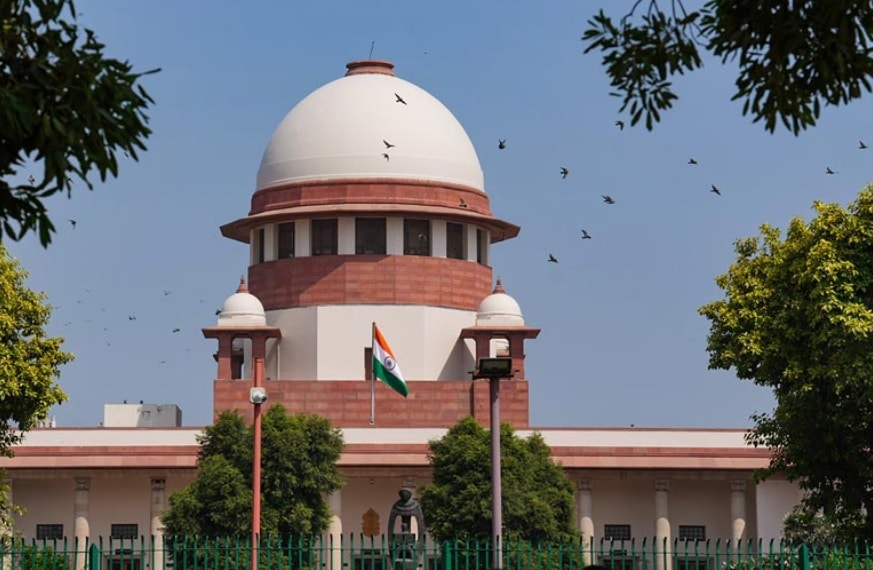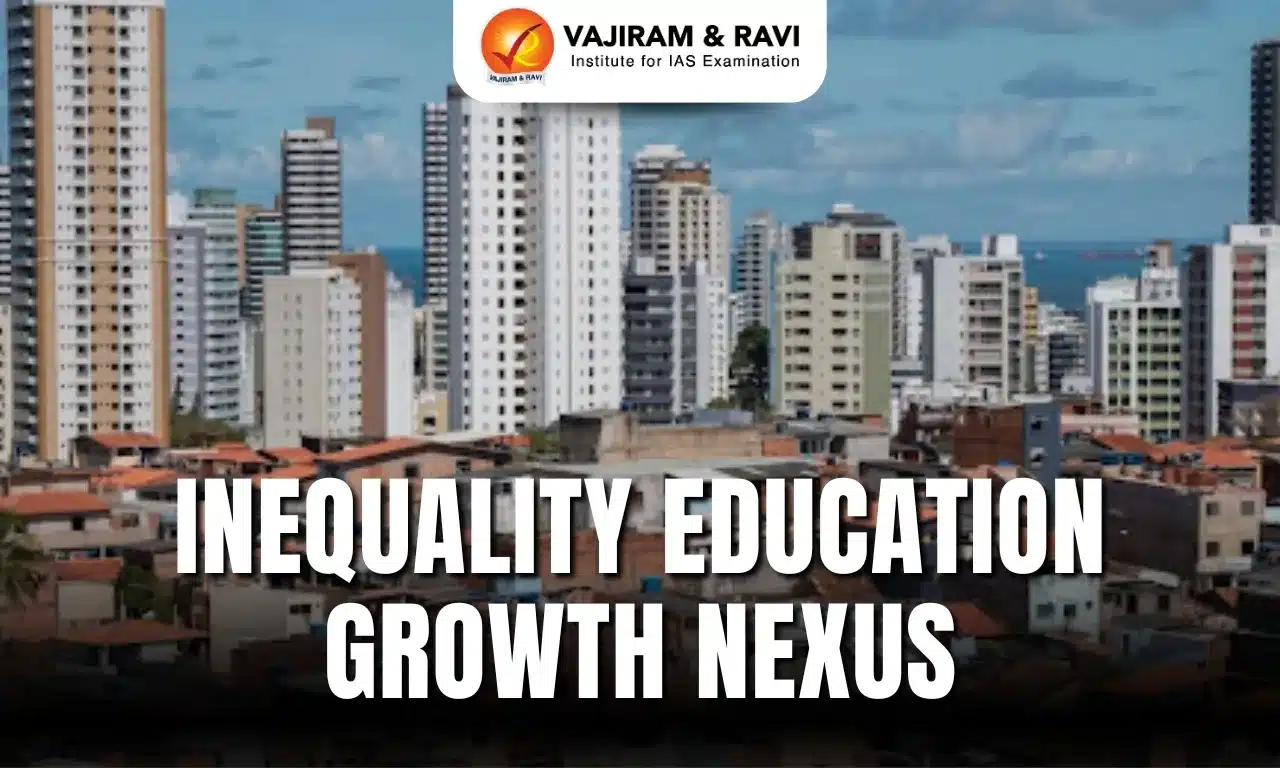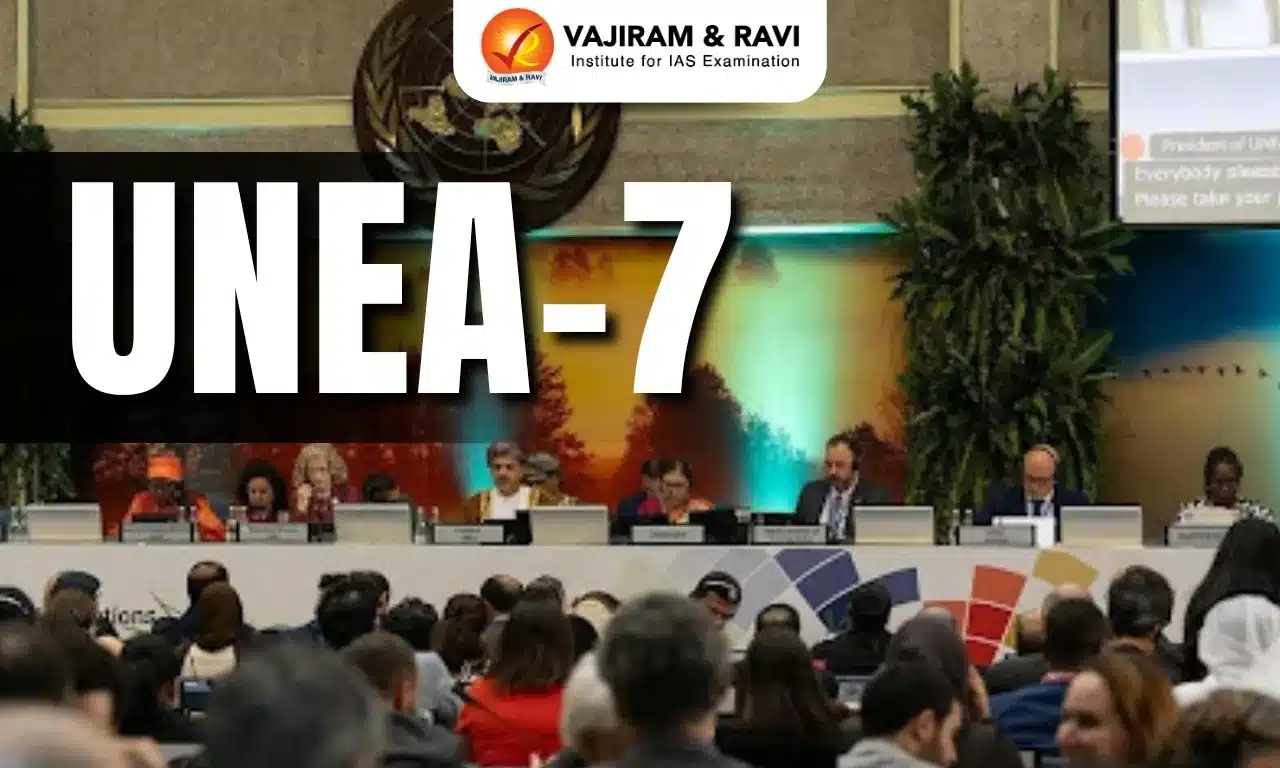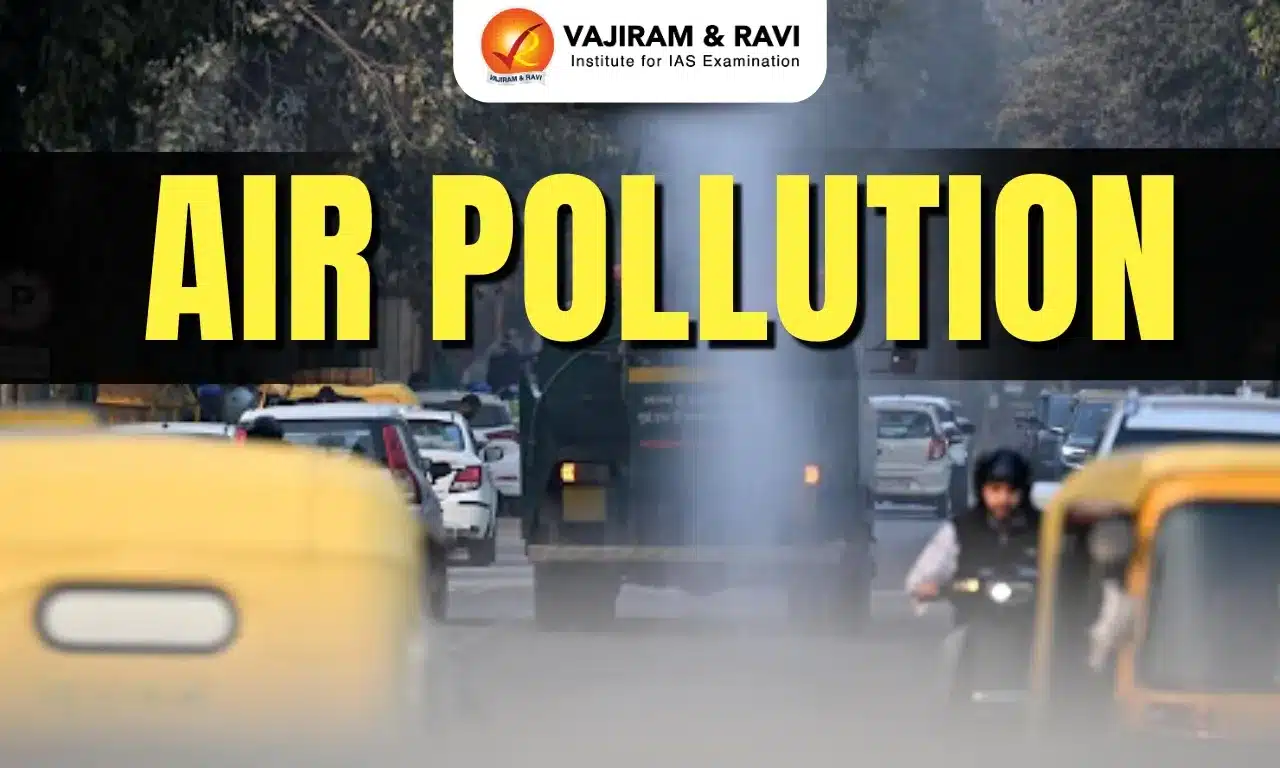What’s in today’s article?
- Why in news?
- What is Representation of People’s Act, 1951 (RPA, 1951)?
- What are ‘corrupt practices’ under the RPA, 1951?
- What practices has the court held as corrupt practices in the past?
- What happened in the present case?
- On what grounds the Allahabad HC had dismissed the petition?
Why in news?
- Recently, the Supreme Court observed that no one in India votes for a candidate based on their educational qualifications.
- Hence, providing false information about an electoral candidate’s qualifications cannot be considered a corrupt practice under Sections 123 (2) and Section 123 (4) of the Representation of People’s Act, 1951 (RPA, 1951).
What is Representation of People’s Act, 1951 (RPA, 1951)?
- RPA, 1951 provide for:
- the conduct of election of the Houses of Parliament and to the House or Houses of the Legislature of each State,
- the qualifications and disqualifications for membership of those Houses,
- the corrupt practices and other offences at or in connection with such elections and
- the decision of doubts and disputes arising out of or in connection with such elections.
- It was introduced in Parliament by the then law minister Dr. B.R. Ambedkar.
- The Act was enacted by the provisional parliament under Article 327 of Indian Constitution, before the first general election.
What are ‘corrupt practices’ under the RPA, 1951?
- Section 123 of the Act – defines corrupt practices
- When a candidate, for the furtherance of his prospects in the election, indulges in certain practices, it can be called corrupt practices. This includes:
- bribery, undue influence, false information, and
- promotion or attempted promotion of feelings of enmity or hatred between different classes of the citizens of India on grounds of religion, race, caste, community, or language” by a candidate.
- When a candidate, for the furtherance of his prospects in the election, indulges in certain practices, it can be called corrupt practices. This includes:
- Section 123 (2) of the Act – deals with undue influence
- Undue influence is defined as any direct or indirect interference or attempt to interfere on the part of the candidate or his agent, or of any other person, with the consent of the candidate or his election agent, with the free exercise of any electoral right.
- This could also include threats of injury, social ostracism and expulsion from any caste or community.
- Moreover, convincing a candidate or an elector that they will become an object of divine displeasure or spiritual censure will also be considered as an undue influence.
- Section 123 (4) of the Act – extends the ambit of corrupt practices
- This section includes the intentional publication of false statements which can prejudice the outcome of the candidate’s election.
- Provision of disqualification
- Under the provisions of the Act, an elected representative can be disqualified if:
- convicted of certain offences;
- on grounds of corrupt practices;
- for failing to declare election expenses; and
- for interests in government contracts or works.
- Under the provisions of the Act, an elected representative can be disqualified if:
What practices has the court held as corrupt practices in the past?
- In 2017, the SC held that an election will be annulled if votes are sought in the name of a candidate’s religion, race, caste, community, or language.
- It held that this observation was in line with the Section 123 (3) of RPA, which prohibits the same.
- Recently in 2022, the top court directed a three-judge bench to look into prayers for reconsidering its 2013 judgment in ‘S. Subramaniam Balaji vs State of Tamil Nadu’.
- In 2013 judgement, the apex court held that promises of freebies cannot be termed a corrupt practice. However, the matter is still yet to be decided.
What happened in the present case?
- In ‘Anugrah Narayan Singh v. Harsh Vardhan Bajpayee’, the apex court was hearing a plea challenging a 2017 Allahabad High Court ruling.
- Allahabad HC had dismissed a similarly titled petition to declare the election of an MLA as null and void.
- The petition, in the Allahabad HC, had alleged that the accused MLA committed a corrupt practice under Section 123(2) by interfering in the free exercise of electoral rights of the voters.
- He did so by not disclosing his liabilities and correct educational qualifications in his affidavit of nomination.
- The petition also argued that a corrupt practice under Section 123(4) was committed by the accused in publishing a false statement of fact about his character and conduct to influence the outcome of his election, knowingly.
- However, the Apex Court refused to interfere with the High Court’s order of dismissal.
On what grounds the Allahabad HC had dismissed the petition?
- The Allahabad HC held that the inaccuracy or concealment regarding educational qualification of the respondent did not amount to unduly influencing the voters.
- This is due to the fact that the defect in disclosure was not of substantial character that could have materially prejudiced the prospects of the election.
- Hence, it can not be termed as a corrupt practice within the meaning of Section 123 of the Representation of People Act.
Q1) What is the Representation of Peoples Act 1950?
The Representation of Peoples Act 1950 makes provisions for allocation of seats in Lok Sabha and Legislative Assemblies, Delimitation of Constituencies, Qualifications of voters, Manner of filling the seats of Rajya Sabha by Union Territory representatives etc.
Q2) What is section 23 of Representation of People Act 1950?
Section 23 of Representation of People Act 1950 includes provisions related to the inclusion of names in electoral rolls.
Source: What is a ‘corrupt act’ according to the Representation of People Act, 1951? | Election Commission of India
Last updated on December, 2025
→ Check out the latest UPSC Syllabus 2026 here.
→ Join Vajiram & Ravi’s Interview Guidance Programme for expert help to crack your final UPSC stage.
→ UPSC Mains Result 2025 is now out.
→ UPSC Notification 2026 is scheduled to be released on January 14, 2026.
→ UPSC Calendar 2026 is released on 15th May, 2025.
→ The UPSC Vacancy 2025 were released 1129, out of which 979 were for UPSC CSE and remaining 150 are for UPSC IFoS.
→ UPSC Prelims 2026 will be conducted on 24th May, 2026 & UPSC Mains 2026 will be conducted on 21st August 2026.
→ The UPSC Selection Process is of 3 stages-Prelims, Mains and Interview.
→ UPSC Result 2024 is released with latest UPSC Marksheet 2024. Check Now!
→ UPSC Prelims Result 2025 is out now for the CSE held on 25 May 2025.
→ UPSC Toppers List 2024 is released now. Shakti Dubey is UPSC AIR 1 2024 Topper.
→ UPSC Prelims Question Paper 2025 and Unofficial Prelims Answer Key 2025 are available now.
→ UPSC Mains Question Paper 2025 is out for Essay, GS 1, 2, 3 & GS 4.
→ UPSC Mains Indian Language Question Paper 2025 is now out.
→ UPSC Mains Optional Question Paper 2025 is now out.
→ Also check Best IAS Coaching in Delhi

















